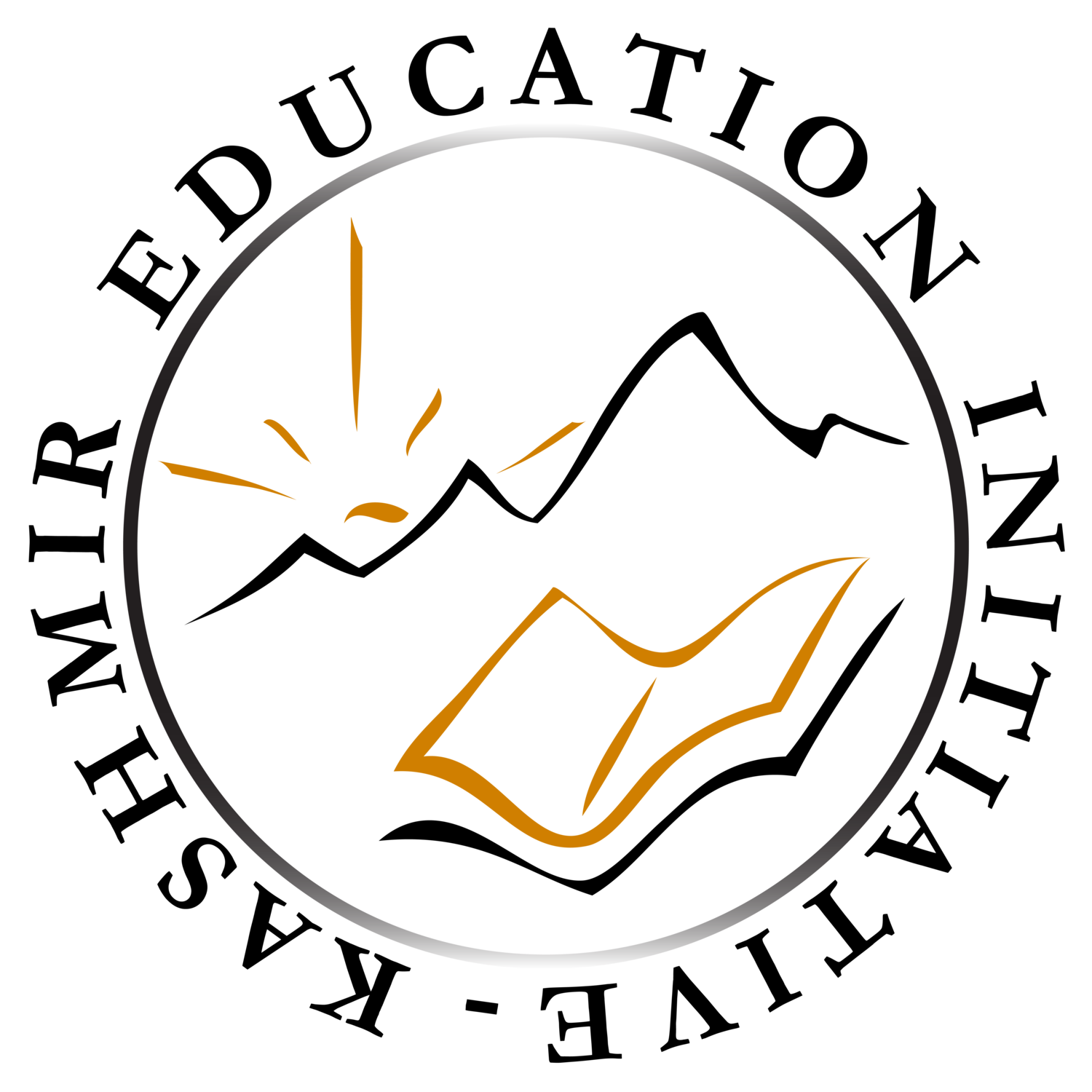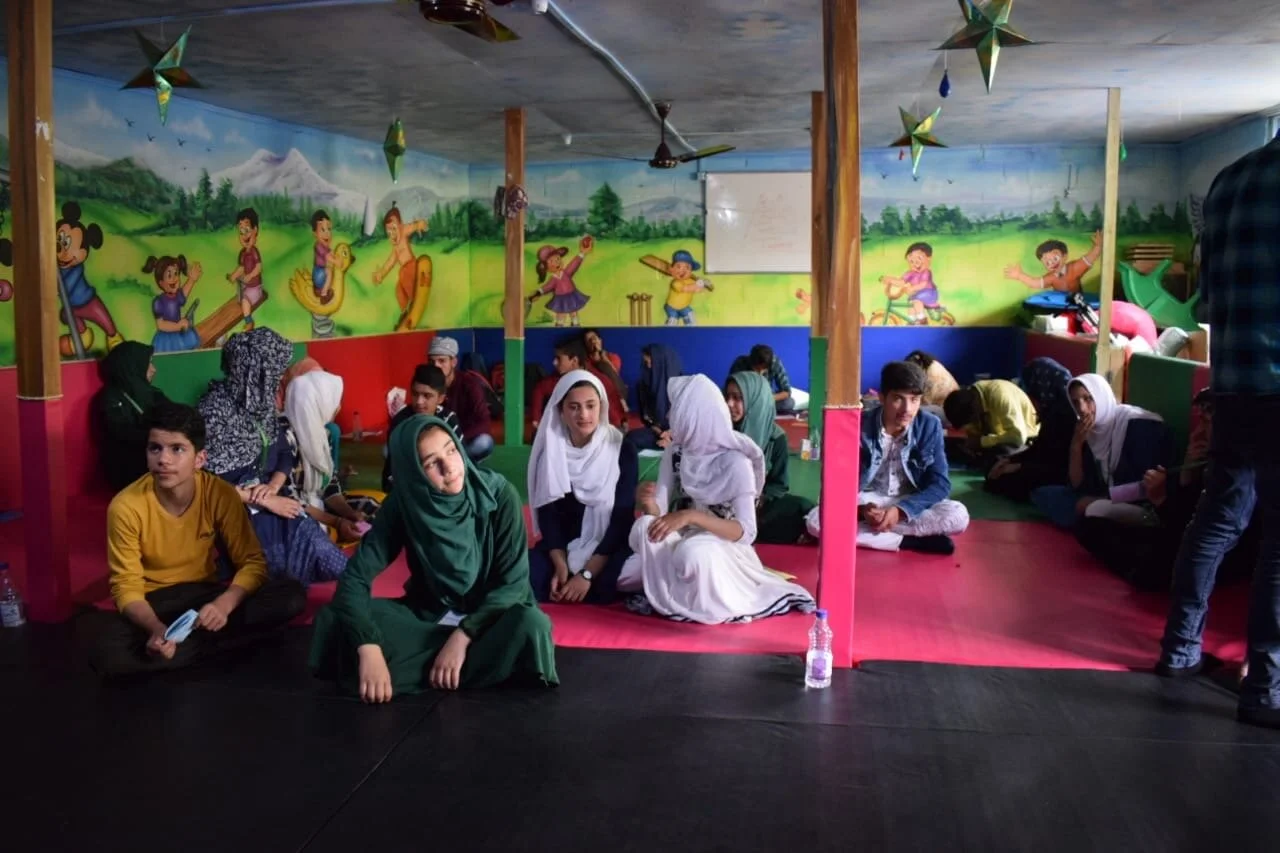Author: Ipsita Sarkar
“Achievements do not lie in mugging up facts from your textbooks and scoring marks. Our achievements lie in how we use that information to discover new things or create new information that will help us face challenges in real life.”- Ashish Shukla
On 20th August 2020, the Scholar Students of the Kashmir Education Initiative (KEI) found a whole new perspective on education through a Webinar, thanks to the gentle and informative guiding by Mr. Ashish Shukla, a veteran educationalist from Uttar Pradesh with experience in working at the Government and Community Level with NCERT, SCERT and so on in the Education Sector and international NGOs such as WHO.
Mr. Omar Hafiz, Program Manager and Lead Mentor at KEI initiated the Session by introducing Mr. Shukla and asking a vital question about the purpose of seeking education, “If we always focus on degrees, are we truly able to serve the purpose of education?”
Mr. Ashish Shukla drew upon his experiences and asked the high schoolers audience, many of whom were appearing for or had just completed their Grade 12 examinations, to reflect on their experiences and the challenges that everybody had faced while considering possible solutions to these problems. He showed a popular thought-provoking cartoon where a candidate was asked at an interview, what real-world skills he had despite achieving top academic scores? This formed the foundation for the later discussion.
Mr Ashish spoke about the conventional pattern that the education system continues to largely follow in India for decades- learning lessons from a book, sitting for an exam based on these lessons, and recalling the ‘right’ answers. He pondered on the merits and limitations of this technique. The merits being that the students got a chance to improve their reading and writing skills, the de-merits being that the student’s extra-curricular skills such as those in cricket or music got brushed under the doormat. He also pointed out that the lessons often did not have any connection with reality. For instance, we would read about animals in textbooks, but not go outdoors to study or observe them for an enhanced practical understanding.
He brought attention to the nagging concern of permanent dropouts and noted that we need to address individual needs such as one’s psycho-social conditions, geographical environment, and talents, and skills to lower the rate of dropouts.
“Through research and studies, it has been shown that there are over 5 crore children in India who do not have basic reading, writing or number skills, so this is a big matter of concern. We should understand the system and identify the areas that we need to correct. And we as learners could do something about it.” said Mr Ashish.
He spoke about important steps that a person could take in this direction. These included firstly, acknowledging one’s individuality, wherein one needed to appreciate their own uniqueness instead of following a larger or a popular group, eg doing an MBA just because everybody else did. Secondly, expanding information resources based on knowledge updated in modern times. Thirdly, to contextualize the syllabus based on local and current times and situations, for instance, one could learn something different about the history or geography of the place that they resided in to bring about growth there. Thirdly, exposure was the foundation of new thoughts, for which it was necessary to broaden one’s horizons about the world so that new ideas could be developed. He gave the example of Chattisgarh where children would only aspire to be teachers, policemen or Collectors since they had not ‘seen’ other professions. Lastly, he reminded the Students that achievements were defined by how they could use existing information to develop new ideas and how they could navigate themselves to their true potential. So, if education was not helping them with achieving their objectives, they had to find a way to tailor the curriculum based on these essential values.
He stressed the importance and urgency to collaborate instead of competing as learners to grow together meaningfully as a society and to hone their strengths to deal better with challenges. He suggested the use of mapping as a constructive tool here wherein they could align their interests, capabilities, and resources to reach their destination and the use of self-assessment and technology to facilitate their objectives and plan in an optimum way.
He reminded the students that they were the best learners and he saw each one as a creative, sensitive, bright, and hard-working champion. He gave them a little task-to write a letter to their own selves describing why they the best learners.
Mr. Omar expressed that it had been a very enlightening session that had helped the Scholars explore the diverse aspects of education. He encouraged the gathered students to ask questions, which according to Mr Ashish was essential to list new information and were true indicators of one’s personality. The questions ranged from the importance of sports to the pros and cons of education to the true essence of schools and education in modern times to even Mr. Ashish’s personal connect and interest in the field of learning. He spoke about the importance of promoting life skills and collaboration in the educational courses for the holistic development of society and the wholesome development of the student. Mr. Omar added that if resources in society were inadequate in relation to their dreams, one had to try their best to step out of their comfort zones and unflinchingly pursue their goals beyond the confines of their society.
Mr. Ashish concluded the Session by saying that each student was an equal stakeholder for building a better education system in the country. The energetic young crowd agreed that they had to fill the gaps and complete the jigsaw puzzle for future generations.

